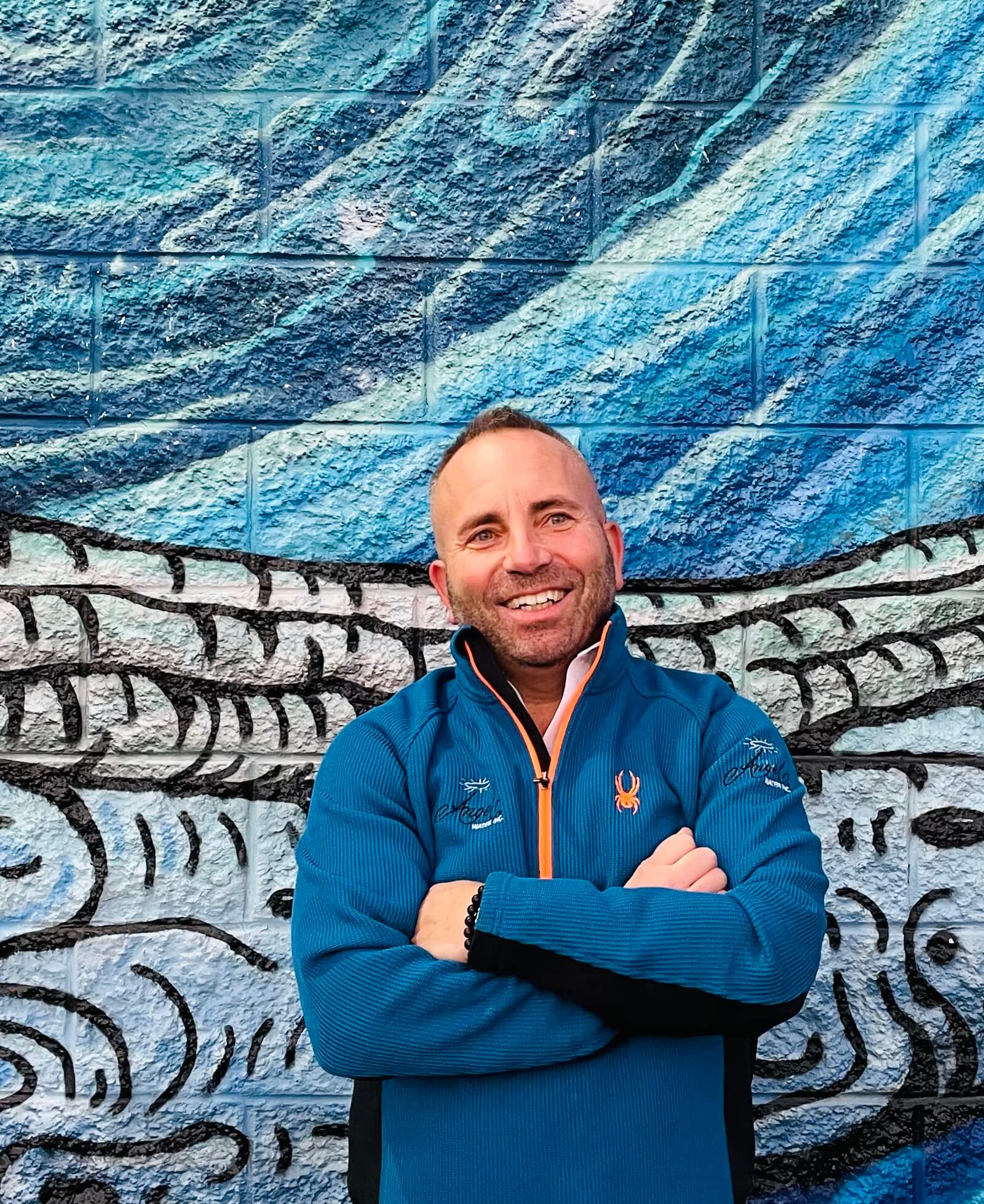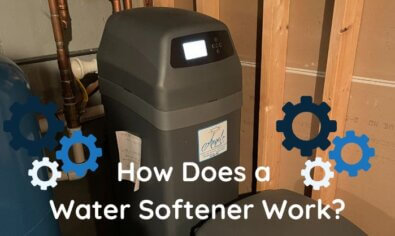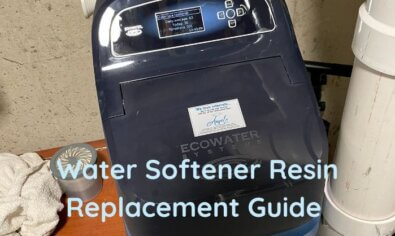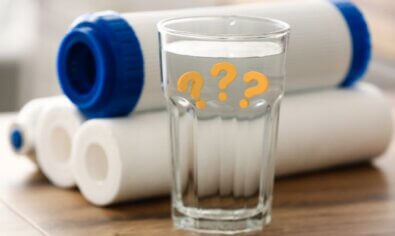Is Bottled Water Safe to Drink? The Answer May Surprise You!
Let’s be frank. The drinking water in our country is nowhere near as clean as it should be.
In this blog, you will learn:
Bottled water isn’t necessarily of a higher quality than tap water.
The FDA does a poor job of regulating bottled water and keeping it safe.
The best bottled water brands make their water test results available to the public.
Investing in a water filter is a safer, less expensive and more environmentally friendly option than bottled water.
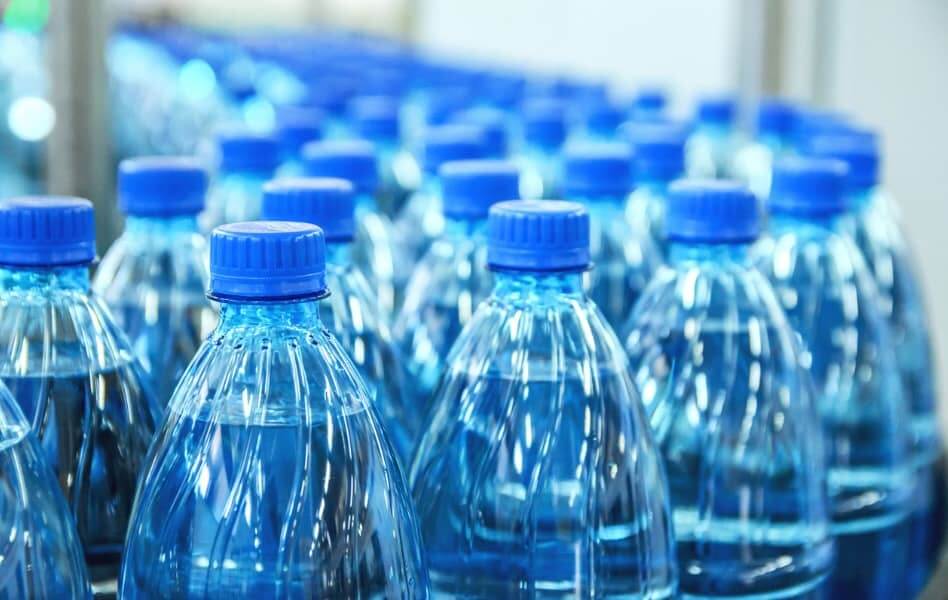
Discover the Truth Bottled Water Brands Don’t Want You to Know!
Let’s be frank. The drinking water in our country is nowhere near as clean as it should be.
Because of this, we’re not at all surprised by the growing popularity of bottled water. According to Consumer Reports, Americans spent $31 billion on bottled water in 2018, and that number continues to rise! In recent years, it has supplanted soda as the most popular non-alcoholic bottled beverage in the country.
Clearly, many Americans feel safe drinking bottled water. But do these feelings line up with the facts? Is bottled water safe to drink?
Unfortunately, the answer is not necessarily.
As we will see, there’s a lot more risk associated with drinking bottled water than you may think. In fact, bottled water can be more dangerous than tap water!
Read on to discover how the truth about bottled water differs from public perception and what you should be aware of if you choose to buy bottled.
What Do People Think About Bottled Water?
Why do you choose to purchase bottled water? If you’re like many Americans, you see the pristinely packaged bottles and assume the water inside them must be just as pure. After all, it’s got to be safer than the contaminated tap water you keep hearing about, right?
According to Consumer Report, 40% of Americans think bottled water is safer than tap water, and 1 in 6 don’t even drink their home tap water. It’s the logical response for any health-conscious person to have.
We all want bottled water to be the antidote to polluted tap water. We want it to be higher quality and purer than the stuff coming out of our facets at home. After all, it seems so convenient, doesn’t it? You can pick it up at the grocery store and just grab a bottle whenever you’re thirsty!
But convenience isn’t everything—especially when that convenience comes at the expense of your health!
Sadly, as we will see, many bottled water brands aren’t as pristine as they look!
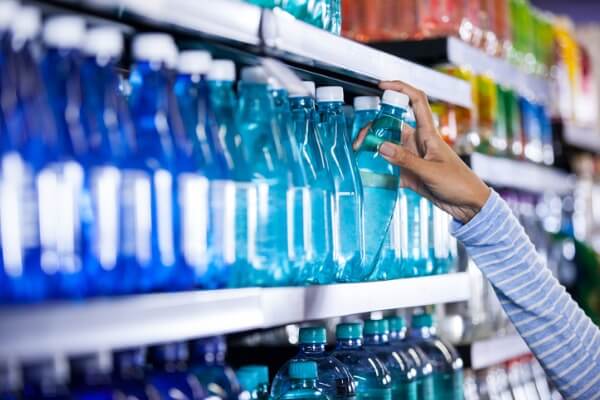
What is the Truth?
There are two great myths people generally believe about bottled water. The first is that the water must be of a higher quality than tap water. The second is that the water is always safer to drink than the water from your faucet.
We will take turns busting each of these myths below and explaining why the truth is a whole lot murkier.
The Myth of Bottled Water Quality
Let’s rip this band-aid off quickly. According to a recent study, 64% of bottled water is nothing more than glorified tap water.
Sadly, this shocking discovery is nothing new. Bottled water companies have been lying about this for years by dressing up tap water as something more exotic.
For example, many brands will claim to be natural spring water when only a portion of the water is from a natural spring. Popular brands like Dasani and Aquafina get the rest of their water from municipal sources—the same sources your tap water comes from.
So, the water isn’t as special as we thought. But at least bottled water companies use advanced filtration techniques, right? Unfortunately, no.
We have caught brands lying about this one too. A company will claim to use cutting-edge technology for the purest water possible only to be discovered using a common carbon filter. Sadly, there have been many lawsuits filed over the years against dishonest brands.
The Myth of Bottled Water Safety
Since bottled water is sold in stores, you would think it faces strict quality standards. But the truth is, it’s less regulated than the water flowing from your tap!
The Environmental Protection Agency (EPA) regulates municipal tap water. But it may surprise you to learn that the EPA has nothing to do with bottled water. Instead, the task of policing bottled water falls to the Food and Drug Administration (FDA). And as we will see, they are not nearly as strict with bottled water as the EPA is with tap water. (And the EPA isn’t even all that strict!)
Here’s how the FDA handles regulating bottled water. For the most part, the agency has adopted the same water quality standards as the EPA. The limits they set for contaminants are largely identical. Because of this, you would expect the FDA to be just as effective at protecting people’s health as the EPA. Sadly, the FDA falls short for several reasons.
Angel Water Now Offers Free Water Tests!
Don’t Guess, Test! Get Your Free Water Test Now and Take Control of Your Water Quality.
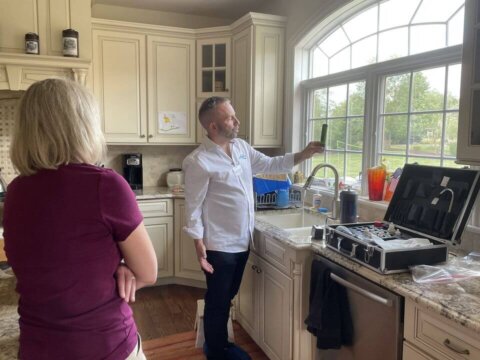
First, the FDA does not conduct its own water tests. Instead, each bottled water brand is expected to conduct its own tests and keep the records on file for when the FDA shows up to do an inspection.
This practice wouldn’t be a problem if the FDA paid frequent visits to each company. Unfortunately, their inspections aren’t exactly regular. According to Consumer Reports, FDA inspections of bottled water companies dropped by 33% between 2008 and 2018.
As a result, bottled water companies can get away with a lot and often do. There have been many cases of manufacturers bottling contaminated water and not reporting it to the public. And even when the FDA caught them doing this, it was usually too late because of how infrequently they visit.
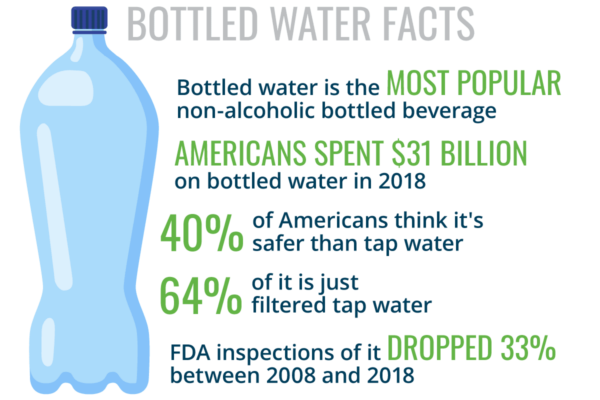
What is the Safest Bottled Water to Drink?
Clearly, there are a lot of risks that come with purchasing bottled water. So, what is a consumer to do?
If you want to purchase bottled water, then we would recommend doing your homework. Don’t blindly trust the best looking brand at the supermarket. Instead, view all bottled water with a critical eye.
A good sign that a brand is worth your time is if it makes its water quality test results available to the public. Unfortunately, manufacturers aren’t legally required to release their test results, and many of them don’t do so for obvious reasons. Never trust a brand with something to hide.
The good news is there are some honest companies out there. We would recommend checking out this list of brands that have released their test results.
Beyond viewing a company’s test results, you should also research a company’s reputation. Search to see if your brand has a checkered past. You will find that the worst bottled water brands have had multiple instances of bad press. For example, Dasani has a long history of getting in trouble for its glorified tap water.
In contrast, the best brands have a track record of making claims and fulfilling them. For example, Smartwater is a brand known for its transparency. The brand makes its water test results available on its website and consistently meets the high standards it sets for itself.
What is the Best Alternative to Bottled Water?
If trying to find bottled water you can trust sounds like too much work, don’t do it! After all, there’s a much safer and more cost-effective way to get healthy water for your home: invest in water treatment equipment!
As we discussed above, it can be hard to figure out exactly what’s in your water. Bottled water brands tend to obscure the truth to make a buck.
On the other hand, it’s not nearly as hard to figure out what’s in your tap water. The EPA legally requires municipalities to report the results of their water tests. And organizations like the Environmental Working Group (EWG) make those test results easy to find on their website. Plus, you can also get your own tap water tested at an EPA-certified testing site.
As a result, you’ll know exactly what contaminants you are dealing with. Then you can take getting rid of those contaminants into your own hands with a water filter.
There are many amazing water filtration systems on the market today. Reverse osmosis systems and whole house water filters can protect against many pollutants, leaving you with pure drinking water for your home.
And while you may balk at buying an expensive water treatment device, the truth is it will save you money over time! After all, you won’t have to pay for all that bottled water every week anymore. Plus, you will help the environment because you won’t be creating all that plastic waste.
Truly, investing in a water filter is a great alternative to bottled water. It’s the gift that keeps on giving!
Need Help Getting the Best Water for Your Home?
Bottled water isn’t always a safe bet. Therefore, you need to have a critical eye for finding a brand you can trust. You should also consider alternatives like a water filter before committing to the bottled water route.
If you need help finding a trustworthy bottled water brand or you’re interested in a water filter, Angel Water can help! We provide EPA-certified water testing and a complete line of water treatment products throughout the Chicagoland region. And our experts would be happy to guide you to the right choices for your situation.
Give us a call today to discuss the best options for your health and family!
Interested in a Water Softener System for Your Home?
You don’t have to live with a dry, itchy scalp and brittle hair anymore! It would be our pleasure to help you find the right water softener to make your showers enjoyable again.
Please give us a call at (847) 382-7800 or visit our water softener page to learn more.
